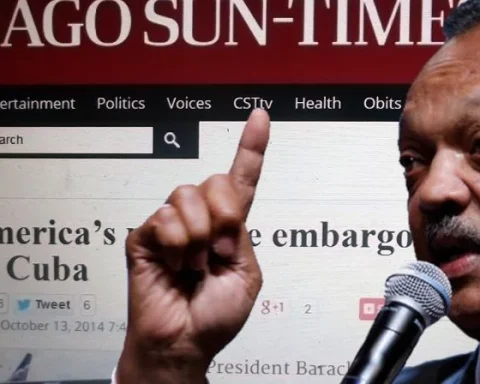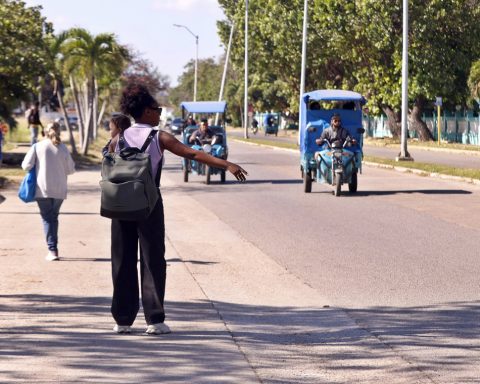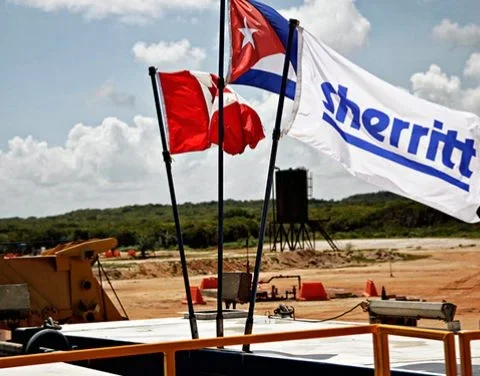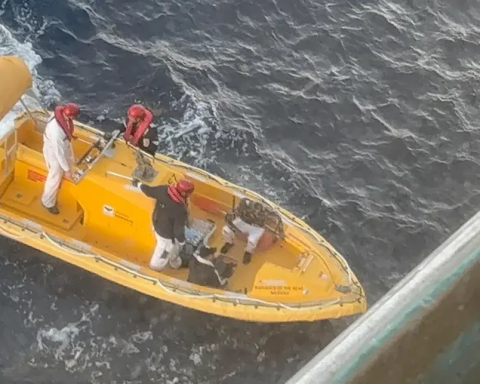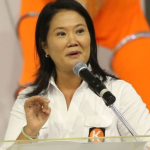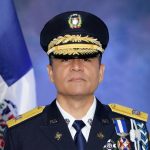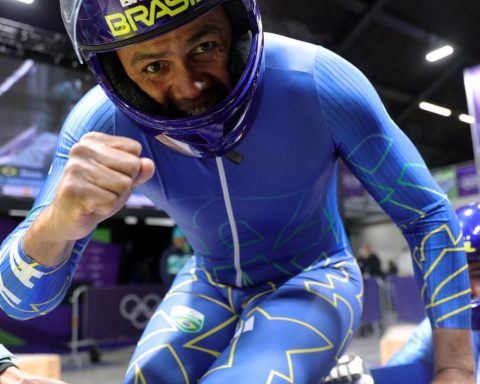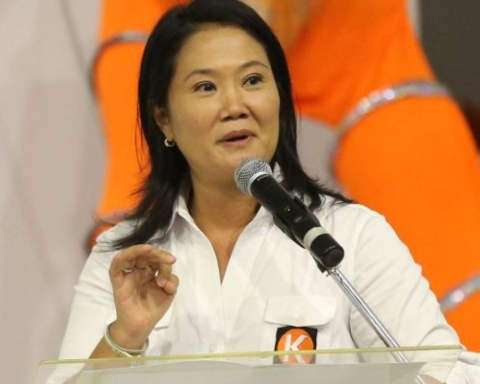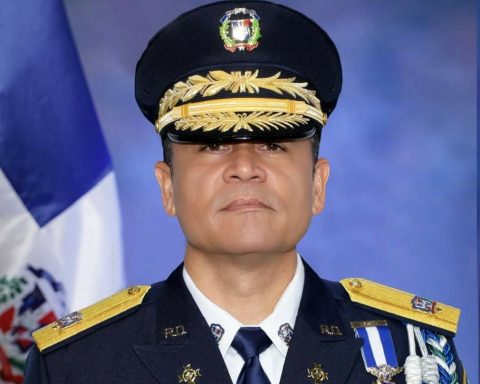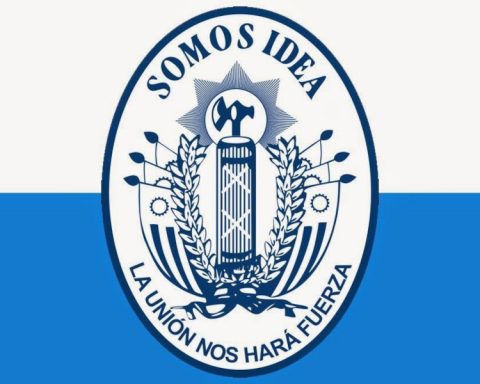MIAMI, United States. – Former Cuban prosecutor Rosabel Roca Sampedro, known for her role in the conviction of protesters on July 11, 2021 in Camagüey, entered the United States on July 15 after an appointment with the CBP One program, despite requests of several Cuban-American legislators to deny him asylum, according to reports Martí News this Monday.
The former Cuban prosecutor, who requested asylum in the United States after leaving her position on the Island, is currently in Houston, Texas, and already has a preliminary hearing scheduled in immigration court for April 9, 2025, according to with the cited report.
Roca Sampedro was a prosecutor in the cases of several protesters arrested during the historic peaceful protests of July 11, 2021, which were violently repressed by the Cuban regime. Following the demonstrations, more than 1,000 people were arrested, and many of them sentenced to prison. Roca Sampedro specifically intervened in case number 26 of 2022, of Preparatory Phase File 31 of 2021, where he was attributed with the imposition of sentences of up to four and a half years in prison for four protesters, including young people who had participated in the protests. .
Among those imprisoned due to the intervention of the former prosecutor are Adrián Quesada Flores, 32 years old; Geovanis Cepulveda Martínez, 43 years old; Lesyani Heredia Salazar, 22 years old, and Yadisley Rodríguez Ramírez, 34 years old. All of them were arrested for participating in the demonstrations and have been behind bars since 2021.
According to Javier Larrondo, director of the NGO Prisoners Defenders, “due to the work of this prosecutor, four innocent people were sentenced from four years and four months in prison to three years and six months in prison.”
The arrival of Roca Sampedro to the United States has generated indignation among Cuban-American legislators, who in a letter addressed to the Department of Homeland Securityurged that his asylum application be rejected. Congressman Carlos Giménez, in statements to Martí Newsstated: “They have informed me that they are going to reject her application [de asilo]. “They are going to deport her.”
The congressman also referred to the entry of former officials of the Cuban regime into the United States through the program of parole humanitarian and the CBP One application: “It is a signal to the regime’s officials in Cuba. You can be a communist and be part of the regime, but that will deny you the possibility of reaching the United States for your entire life. That is the message we want to reach Cuba,” said Giménez.
Roca Sampedro, who left Cuba with his young daughter, would have lived in the Marquis On Westheimer condominium, in Houston, for several months, according to some residents consulted by Martí News. However, his current whereabouts are uncertain. The former prosecutor deleted her social media accounts, where she had previously expressed her defense of the Cuban regime, and has tried to maintain a low profile since her arrival in the United States.
According to Martí NewsRoca Sampedro already has a work permit in the United States. Under the Cuban Adjustment Lawupon completing one year and one day in the United States, could apply for permanent residence (green card), as long as she is not deported first. However, his hearing in April 2025 will be decisive for his future in the country.
This is not the first case of a Cuban official arriving in the United States and requesting asylum. In August 2024, the former first secretary of the Communist Party of Cuba (PCC) in Cienfuegos, Manuel Menendez Castellanosarrived in Miami through a family reunification process. Other known cases are that of Arelys Casañola Quintanaformer president of the Municipal Assembly of People’s Power on the Isle of Youth, who requested asylum on the southern border of the United States, and that of the judge Melody González Pedrazadetained in Florida while awaiting the resolution of her asylum application.
Furthermore, in April 2024, the Cuban military pilot Luis Raúl González-Pardo Rodríguez came to the US through the parole humanitarian. González-Pardo Rodríguez was involved in the operation that shot down two civilian planes belonging to the Hermanos al Rescate organization in 1996, in which four Cuban-Americans died.



